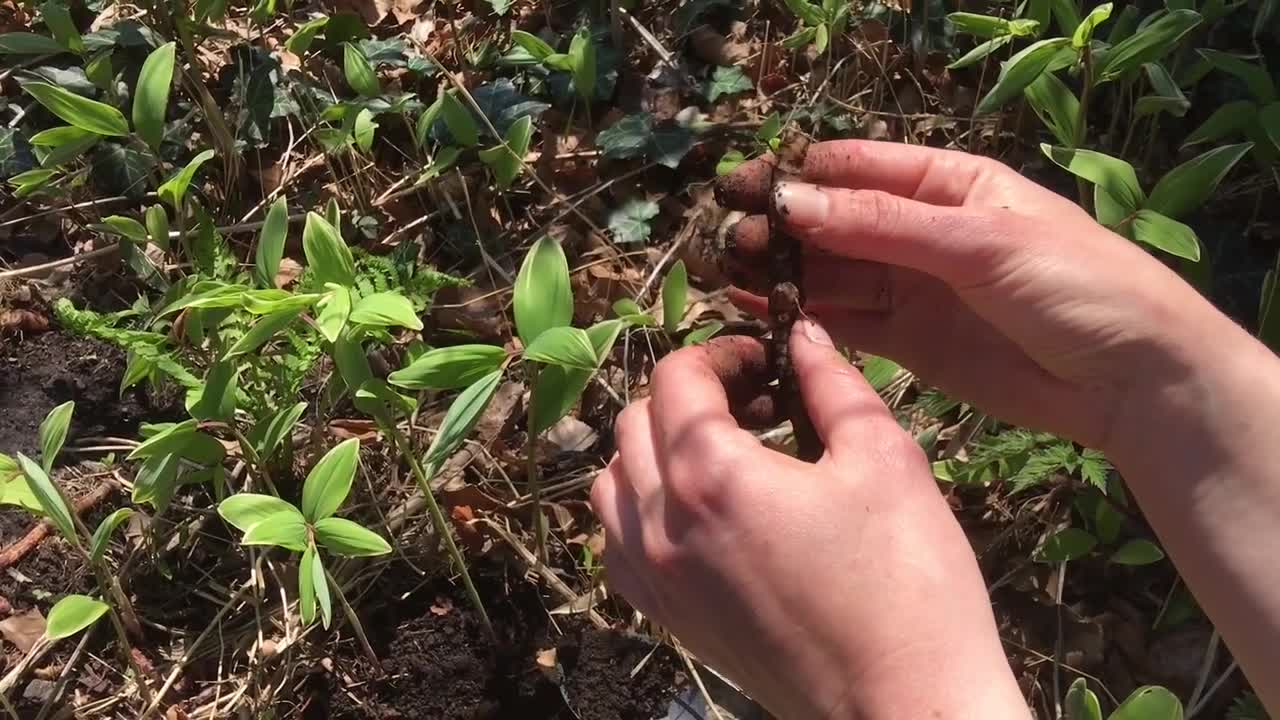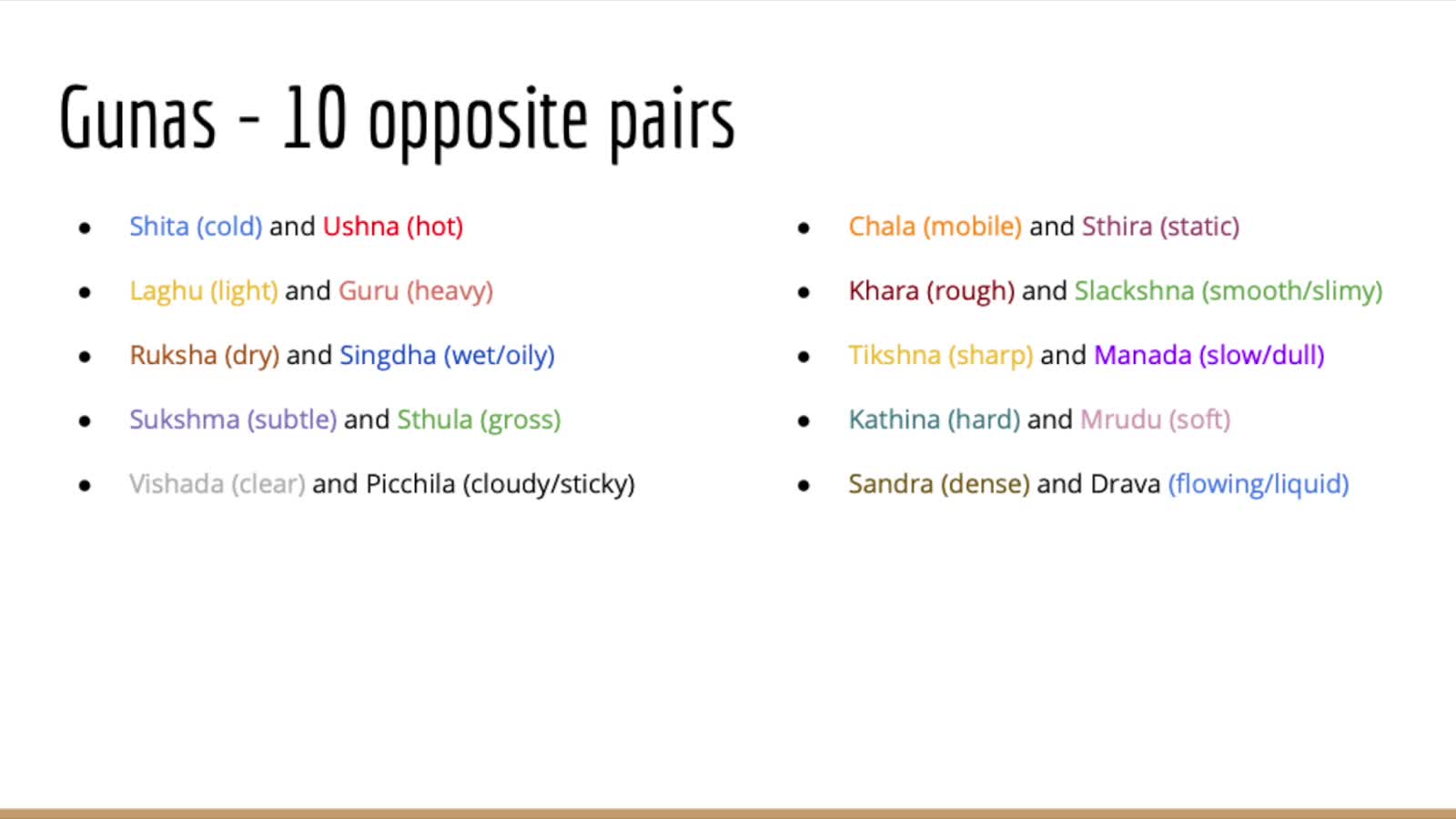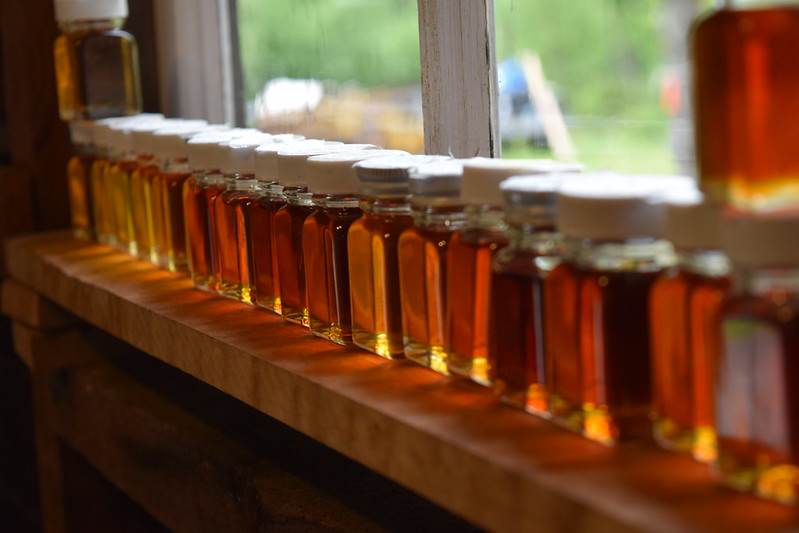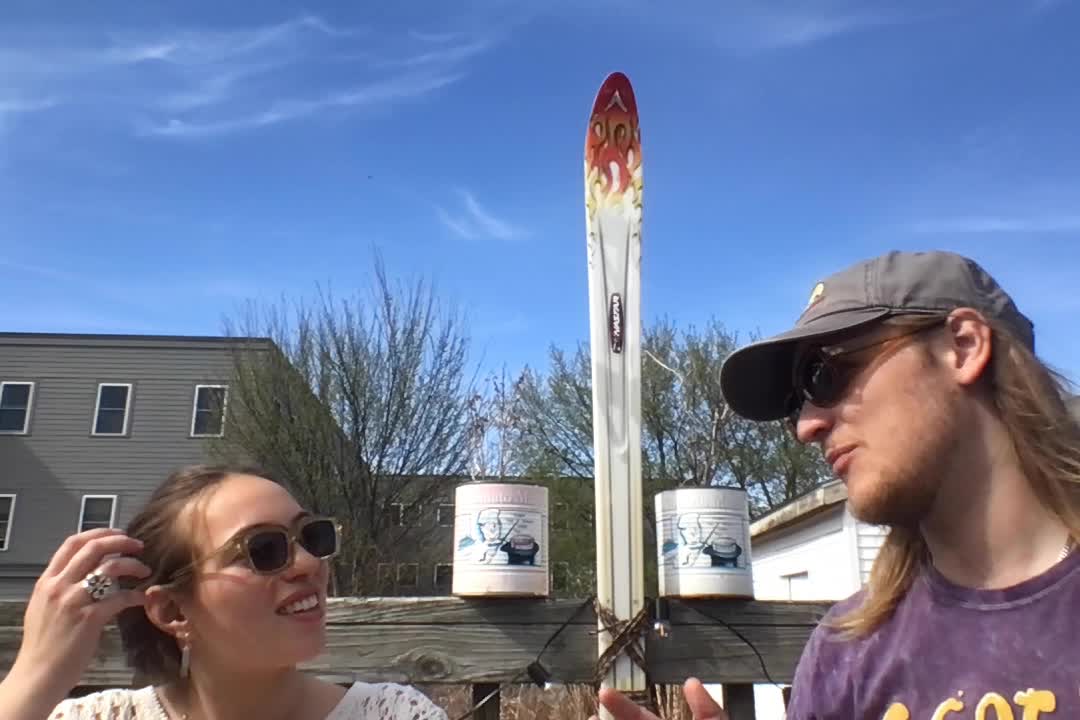Search Results
Results for: 'invasive plants'

Katherine Elmer takes Plant-Based healing Medicine students on a virtual tour of the array of medicinal plants available on UVM's campus.

This project touches on the concepts of Ayurveda and how they connect to herbalism, plants, and modern day practices.

Autumn colors in leaves of maple trees is an annual phenomenon that is highly prized for its beauty and is also economically important. As day length shortens, the tree stops making new green chlorophyll pigment while the chlorophyll already in th...

Like people, plants have strong mechanisms to prevent the spread of microorganisms within their tissues. Trees are capable of "walling off" wounds to prevent infections from spreading throughout the tree. This healing process also slows, and event...

The sugaring season has been over for a while. Maple trees ended their annual period of dormancy when their winter buds broke, allowing new leaves to emerge. These lush green leaves are now working to produce all the energy needed for the tree to ...

Diatomaceous Earth (DE) Filtering
Just as the sugars found in sap become concentrated during boiling, so too are the naturally occurring minerals found in sap. As the concentration of minerals increases in the sap, it approaches, then exceeds the point of saturation. When that hap...

All green plants, which includes trees, need sunlight to produce energy for survival. Some trees can satisfy their basic needs with less light than others. Sugar and red maples are two examples of such trees. They are both considered shade-toleran...

Maple trees managed for sap production remain part of a forest ecosystem. Forest ecosystems are complex communities of plants, animals and microbes all interacting with their physical environment and climate. Forests are especially competitive env...
